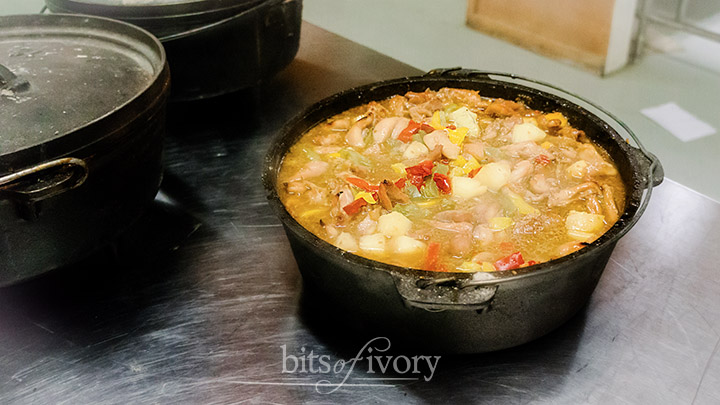
Their ears are dull of hearing, and their eyes they have closed; lest at any time they should see with their eyes, and hear with their ears, and should understand with their heart, and should be converted, and I should heal them (Matt. 13:15)
I’m a big proponent of personal responsibility. I feel like it’s a waste of my time to lament the way the world is and ignore the little circle of my real influence. That is one reason why the “commercialization of Christmas” problem has really bothered me for so long.
It’s become an annual tradition to complain that Christmas is out in the stores too early – that it’s becoming all about selling and not about giving. Whenever I start to think that Christmas is losing its meaning, a little part of me calls out “so what am I going to do about it?”
I secretly love that the Christmas season is longer now than ever before, but that’s beside the point. The point is really that if I don’t see Christ in the symbols of Christmas all around, that is really my own fault. The symbols have changed only slightly but many of us have stopped thinking of them and teaching our children what they mean.
Symbols
The holly and ivy have been symbols of Christ for hundreds of years. Holly is evergreen (ever-living) and its red berries represent drops of the blood of Christ shed for us. How often when we see holly all around us do we take a moment to whisper a silent prayer of thanks for the greatest gift of all?
And what of all of the brightly lit Christmas trees? Our evergreen trees have been used since the ancient passion plays, and the year-round green is another reminder of everlasting life. The lights are a symbol of the stars in the heavens and more personally – our own little light that we can let shine in a dark world.
Really, all of the symbols of Christmas from candy canes to candles are there to remind us of Christ, and if I choose not to take the time to think of the meaning behind them I’m robbing only myself and my family.
Even Saint Nicholas has deeply religious roots and far from being a replacement for Christ was (and can still be) an example of a man who worshiped Christ and followed his teachings that when we are in the service of our fellow man, we are serving God. If he has replaced Christ in our homes, and in our children’s minds at Christmas time, we are the only ones who can change that!
Our family has had the privilege of spending Christmas in other cultures, and we have added to the richness of our traditions because of the symbols that help our friends celebrate the birth of our Savior. Lasagne on Christmas Eve is a delicious tradition that helps us remember the swaddling clothes that Mary used to wrap her baby. Danish woven hearts remind us of the love of God for his children, and the love we have for each other.
Service
If children become too interested in the “gimme” feeling at Christmas – a little bit of service in the community is the sure cure. Seeing or serving those who need our help can foster a feeling of gratitude faster than anything else, and gratitude really is what’s lacking when we want more and more. The world cannot teach our children this – it starts in our homes.
It’s easy to say Bah-Humbug and throw in the towel. Why do we need all of this “stuff” anyway? You know, though – we learn best when all of our senses are involved, and Christmas really fills our senses, doesn’t it?
If we can harness all of the sights and sounds, scents and textures, and even tastes of the season, and focus them on building our appreciation and understanding of Christ, imagine the richness of our understanding of the Savior. Even He understood the power of this and appealed to all of our senses as he taught through his parables.
It’s sometimes hard to face the truth, at least for me. It’s nice to blame a world gone bad for the lack of Christ’s Spirit in my home. The world certainly is a darker place than it has been in the past – it’s true.
I could use the excuse that everyone else has forgotten what the evergreen trees represent, so they don’t have any meaning anymore, but only we can decide what has meaning for us and even if we’re the only people in the world who remember its meaning, the meaning is there if WE see it.
The truth is, if my children don’t see Christ being celebrated this season I have only myself to blame – and only I have the cure. I don’t have to change the world or give up the fun and fabulous bits of Christmas in order to recapture its spirit within my own heart and within my home. I just need to open my own eyes and teach them to see as well.



